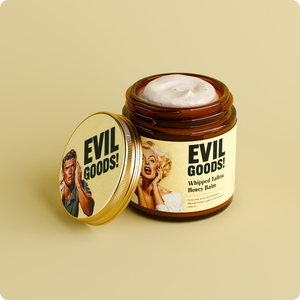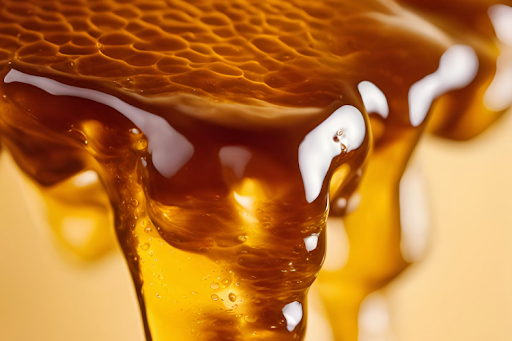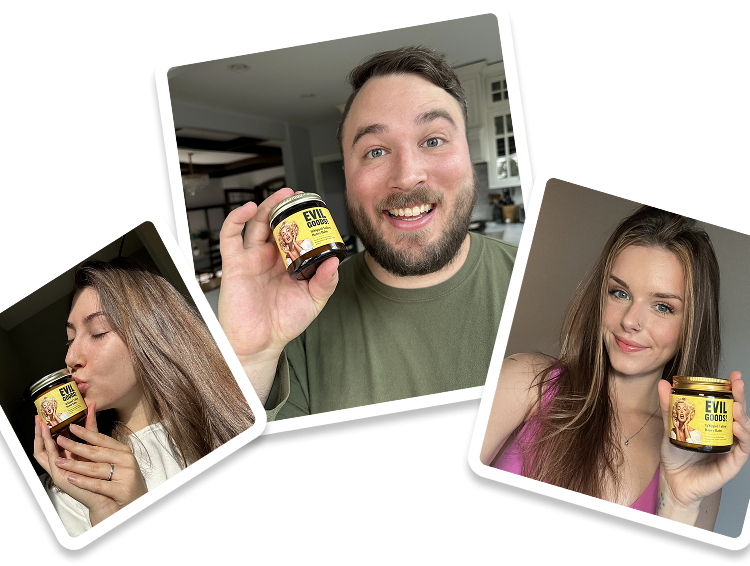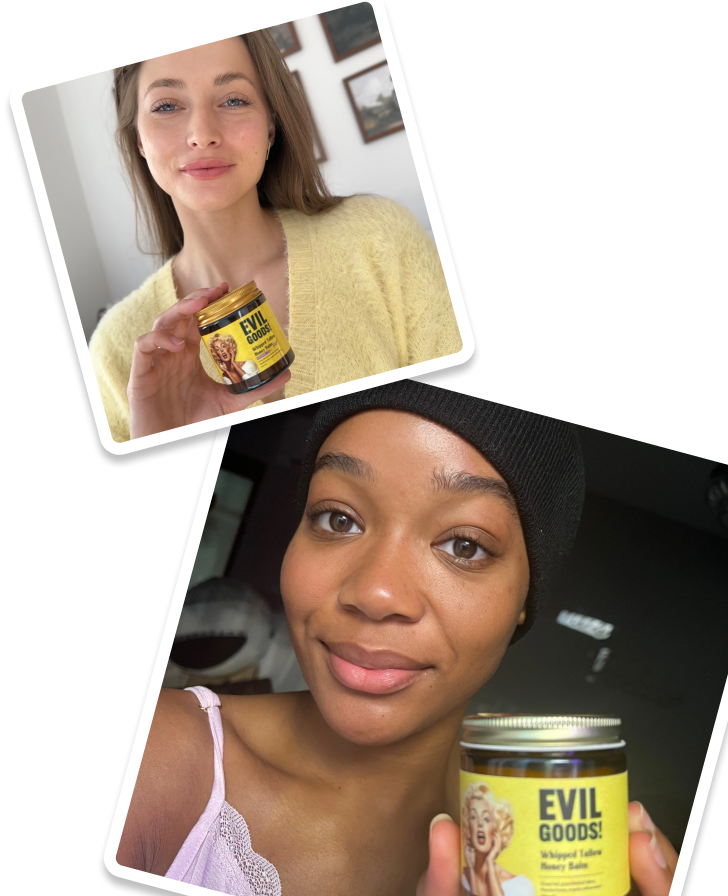A lot of people use Mānuka honey in their health routine because it tastes good and has beneficial nutrients. At the same time, many people also wonder if this natural product ever goes bad.
Although all natural honey lasts a long time, Mānuka honey has special properties that can make it last even longer.
In this article, we’ll explain its shelf life and give you the proper storage tips on how to keep it fresh.
The Special Properties of Manuka Honey
Mānuka honey comes from the nectar of the Mānuka tree, which grows in New Zealand and some parts of Australia. Because of how Manuka honey is made, it’s different from regular honey. Manuka honey has Methylglyoxal (MGO) and hydrogen peroxide, which are natural substances that help it kill bacteria.
Because Manuka honey has a low moisture content and a high acidity level, it’s hard for bacteria and other germs to survive in it. This is why it lasts long, and also why it’s considered one of the strongest kinds of honey.
Can Manuka Honey Spoil?

That’s the real question: Can Manuka honey go bad? Well, it doesn’t go bad in the same way other foods go bad (it doesn’t get moldy). Instead, honey's liquid turns into a thick, grainy texture with time. And these changes don't mean that it's gone bad.
If you expose your Manuka honey to heat, light, or store it improperly, the look, feel, and MGO content will alter. But mostly, the changes in Manuka honey's appearance, texture, and MGO content are due to natural processes that occur over time. Again, this doesn’t mean it has spoiled or expired. In actual fact, your manuka honey can last for at least 5 years.
Most of the time, manufacturers include a "best before" or "use by" date on the package. This expiration date is usually two to five years after the product was made. This date is an indication of the period your Manuka honey can remain in good quality, rather than a sign of safety. If you store manuka honey properly, it will remain safe to eat and use for an extended period, even after its best-before date.
Why Does New Zealand Manuka Honey Last So Long?
-
Low Water Content: Due to Manuka honey’s lower water content, mold and germs find it hard to grow. This is actually the case for virtually all honey products, and one of the biggest reasons why honey doesn't go bad quickly.
-
Natural Acidity: Manuka honey is naturally acidic, with a pH of around 3.2 to 4.5. This makes it too acidic for most bacteria to survive and is why it can last for years without spoiling.
-
Methylglyoxal (MGO: Your Manuka honey needs to be fresh for MGO to fight diseases. The presence of these MGOs is what makes your honey have excellent quality. They help preserve your honey from mold and bacteria, and act as a natural preservative.
-
Hydrogen Peroxide Production: Your Manuka honey has natural enzymes that make small amounts of hydrogen peroxide. This makes the honey more effective against germs and prevents it from becoming bad.
These properties work together to make Manuka honey one of the most long-lasting and shelf-stable foods out there. It’s capable of remaining fresh for years when you store it properly.
Manuka Honey and Skincare: How Long Can I Use it For?
Manuka honey is great for skincare due to its hydrating and antibacterial properties. You can use it as a product on its own or as an ingredient in other skincare products like moisturizers and organic lip balms.
If you’re using it as a standalone ingredient, your Mānuka honey won’t expire in the traditional sense, so you can use it on your skin for an extended period. But when Manuka honey is included in skincare products, the shelf life is affected by other ingredients. We advise that you use the product as directed on the packaging, because it has its own specific shelf life.
We have a range of skincare products that are formulated with Manuka honey, from organic body lotions to natural face moisturizers. These products are designed to nourish and protect your skin.

Signs Your Manuka Honey May Have Deteriorated
-
Crystallization: One of the changes that occurs is crystallization, which happens when glucose separates from the water in the honey and forms crystals. Crystallization is a natural process and doesn't mean that the honey has gone bad. If your Manuka honey crystallizes, you can easily soften the honey to get it back to its normal consistency by putting the jar in warm water.
-
Color Changes: It's okay for your manuka honey to get a little darker with time. Even if the color of the honey may vary, it doesn't indicate that it has gone bad. Even if the honey becomes darker, the taste, texture, and health benefits usually stay the same.
-
Altered Texture: Manuka honey may get thicker or grainier as it ages. This change is common. It may feel different when you scoop honey or eat it, but it doesn't change the honey's quality.
-
Taste Changes: Don't worry if the taste of Manuka honey changes as it ages; it's still safe to eat. Some people even like the taste better after it has aged, because it’s deeper and richer.
How to Store Manuka Honey

-
In a Cool and Dry Environment: Store Manuka honey in a cool, dry spot that doesn't get direct sunlight. You can keep it in a room with a temperature between 18°C and 24°C. Don't store honey near stoves or ovens, where the temperature can change it.
-
Avoid Refrigeration: You don’t need to refrigerate your honey because it speeds up the process of crystallization. Instead, keep your Manuka honey at room temperature to retain its texture and stop it from getting too hard.
-
Keep It Tightly Sealed: To keep air and moisture out, always make sure your honey jar is properly shut. If the jar isn't sealed well, it can soak up moisture from the air, which could make it go bad over time.
-
Use a Clean Spoon: To keep your honey fresh, always use a clean, dry spoon to scoop it out of the jar. Don't double-dip, since this can add bacteria and shorten the shelf life of your Manuka honey.
Does Manuka Honey Lose Its Potency?
Manuka honey is popular for being very good at killing bacteria, and this is largely because it has a lot of MGO in it. However, if your honey is exposed to heat, moisture, or direct sunlight, the MGO content may break down over time, which could make it less effective. Storing your manuka honey correctly is the key to preserving all its beneficial properties.
Mānuka honey doesn't go bad, but it can lose some of its benefits and distinctive qualities if you don't store it properly.
FAQs About Mānuka Honey Shelf Life
How do I Tell If I can Still Eat My Manuka Honey?
If you store your mānuka honey correctly and it doesn't get contaminated, it should still be safe to eat after the suggested best-before date. It's okay for honey to crystallize or darken, and these changes don't make it unsafe. You can still consume past that date.
When is it Best for My Child to Consume Mānuka Honey?
Because of the risk of botulism, an uncommon but serious disease, children under the age of 1 should not be given mānuka honey. Children can eat Mānuka honey after they turn one.
Do I Need to Refrigerate My Mānuka Honey?
No, you don't need to refrigerate Mānuka honey, because doing so can make it crystallize faster. Keep it in a cool, dry place at room temperature with the right storage conditions and according to storage guidelines.
Is Mānuka Honey Still Safe to Use on My Skin After It Has Expired?
Yes, in almost all cases. The "best before" date on a jar of Mānuka honey is a marker for peak quality and potency, not safety. Because of its low moisture content, high acidity, and natural antibacterial properties, honey creates a hostile environment for bacteria and mold. Even after the expiration date has passed, the honey is safe for topical use on your skin, provided it has been stored correctly in a sealed container and shows no signs of contamination (like mold or an "off" smell).
While the honey remains safe, its medicinal benefits may have gradually decreased over time, especially if it has not been stored in a cool, dark place away from direct sunlight. However, for therapeutic use on wounds or infections, it's always best to use honey within its recommended "best before" window to ensure you get the full benefits.
Final Thoughts
Manuka honey doesn't go bad like most foods do, but it does change over time. Manuka honey lasts a long time because it has a unique chemical structure that contains low moisture content, natural acidity, and MGO. You can eat manuka honey for years after its best-before date if you use proper storage. Keep it away from direct sunlight and pollution, in a cool, dry spot.
Discover the entire range of Evil Goods products & find something you're sure to love.

Dr. Elena Dinkollari
MD, Dermatologist & Endocrinology Assistant
Doctor Approved








